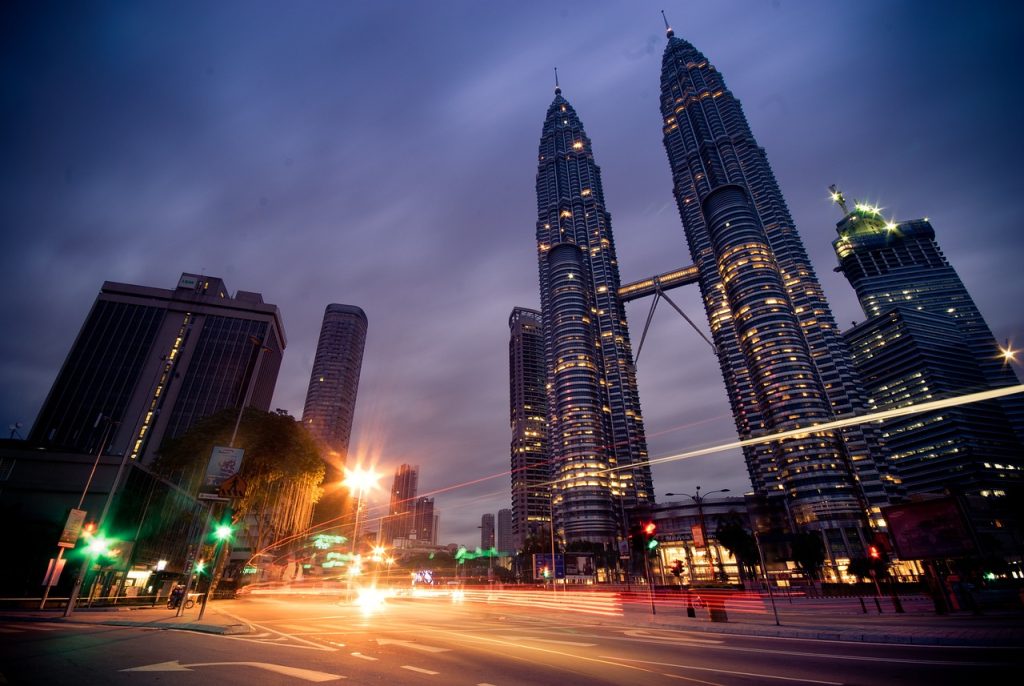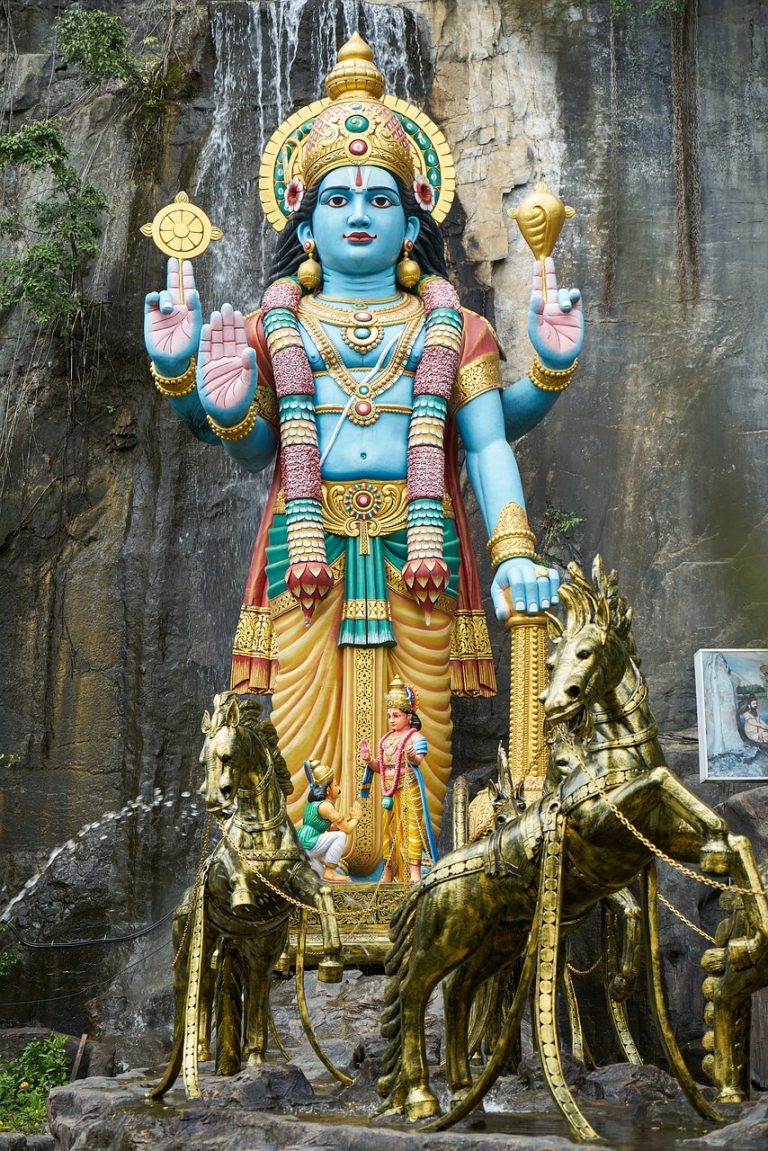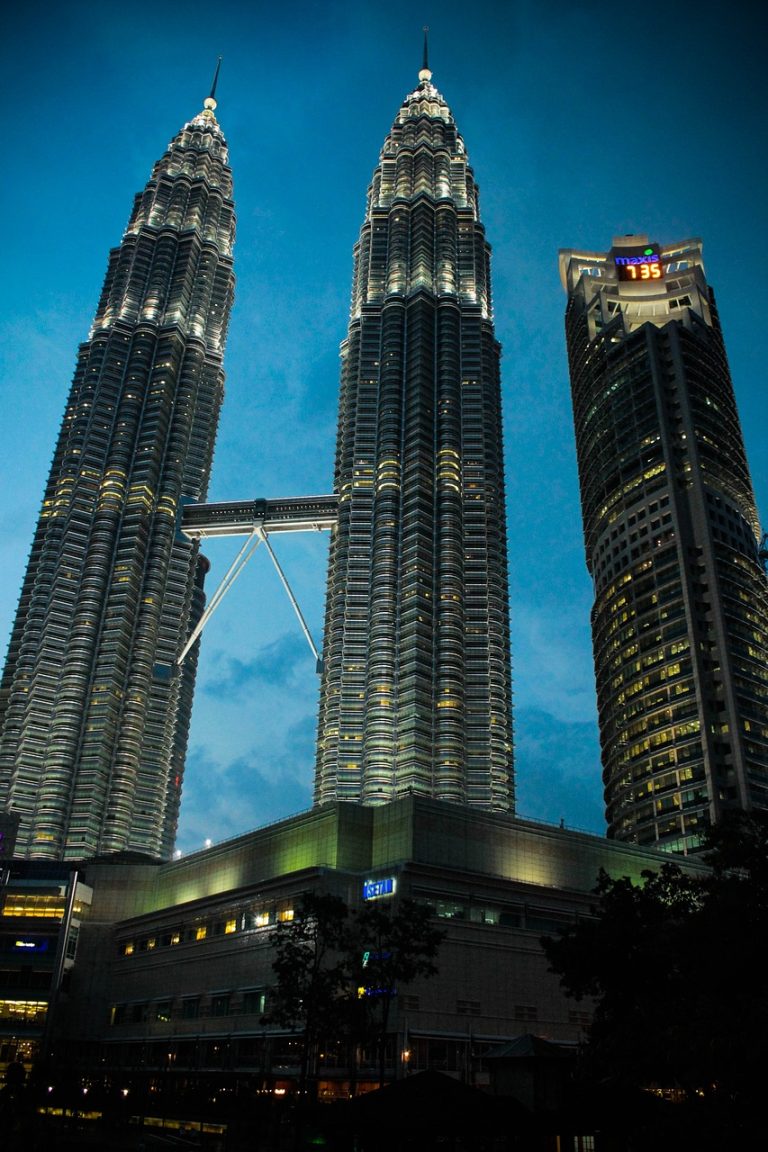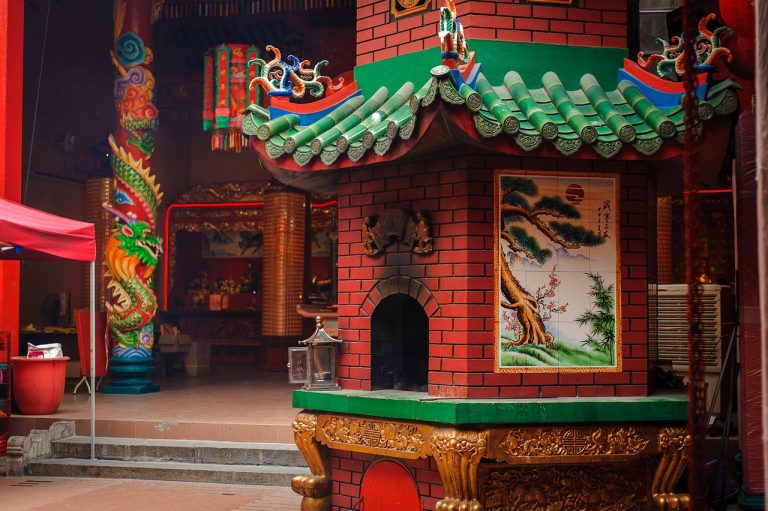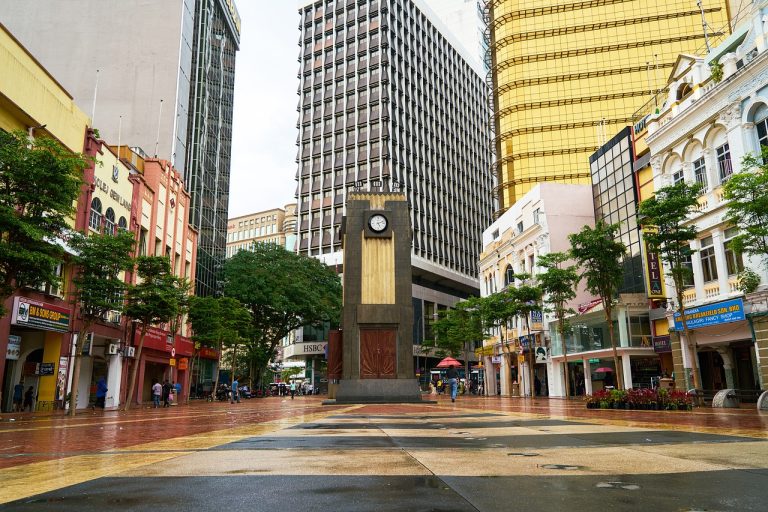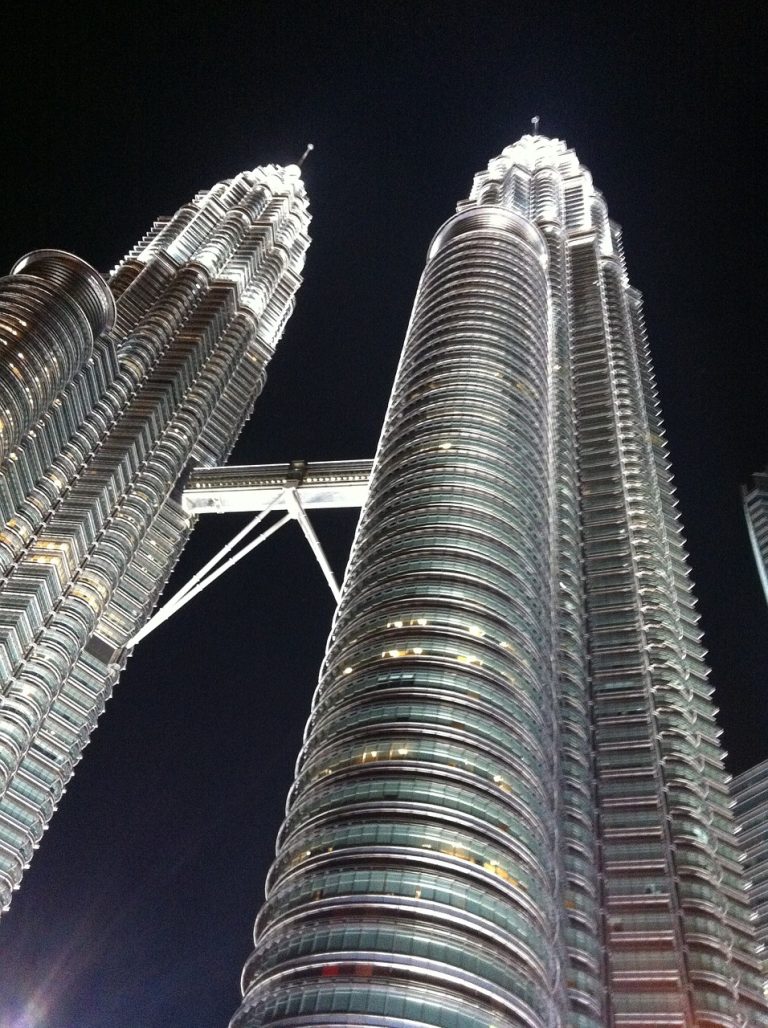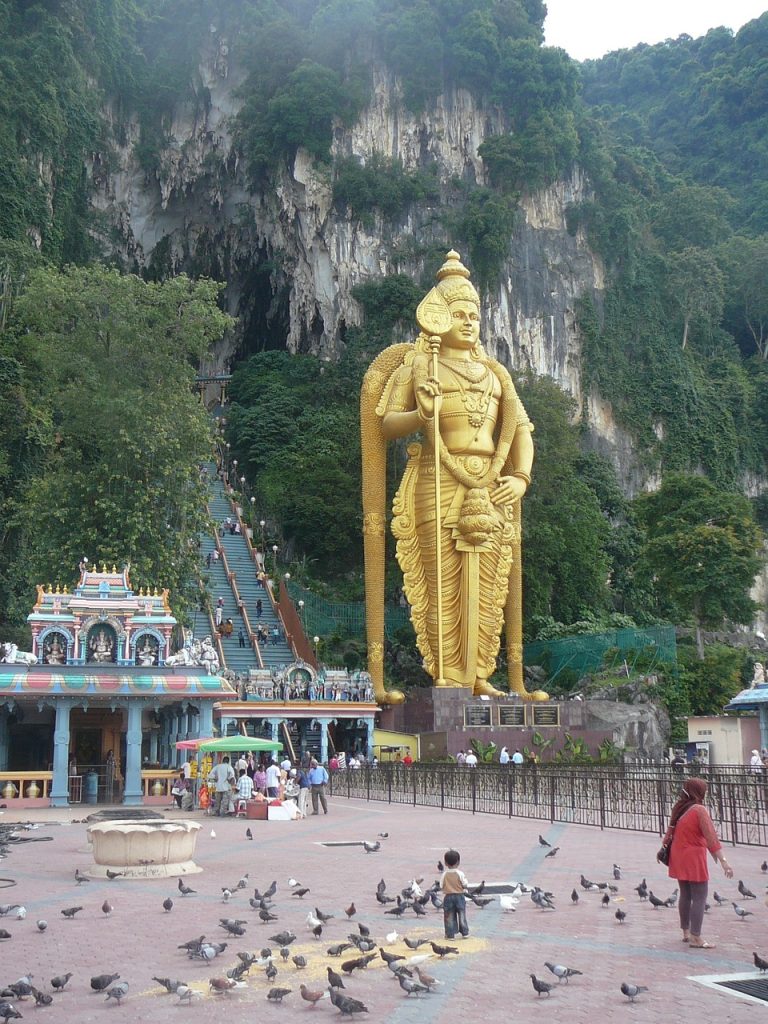Kuala Lumpur Malaysia Video
Social and Cultural Impact of Kuala Lumpur Malaysia
Kuala Lumpur, the bustling capital city of Malaysia, is a melting pot of cultures and a vibrant hub of social activities. With its diverse population and rich history, Kuala Lumpur has become a significant cultural and social center in Southeast Asia. This article explores the social and cultural impact of Kuala Lumpur, highlighting key aspects that contribute to its unique identity.
Historical Significance
- Colonial Influence: Kuala Lumpur’s history dates back to the 19th century when it was a small tin-mining settlement. The city’s development was greatly influenced by British colonialism, which left a lasting impact on its architecture, governance, and social structure.
- Independence Struggle: Kuala Lumpur played a pivotal role in Malaysia’s fight for independence. The city witnessed numerous protests and rallies, and the iconic Merdeka Square became the site of the country’s declaration of independence in 1957.
- Cultural Heritage: Kuala Lumpur’s historical landmarks, such as the Sultan Abdul Samad Building and Jamek Mosque, showcase the city’s cultural heritage and serve as reminders of its past.
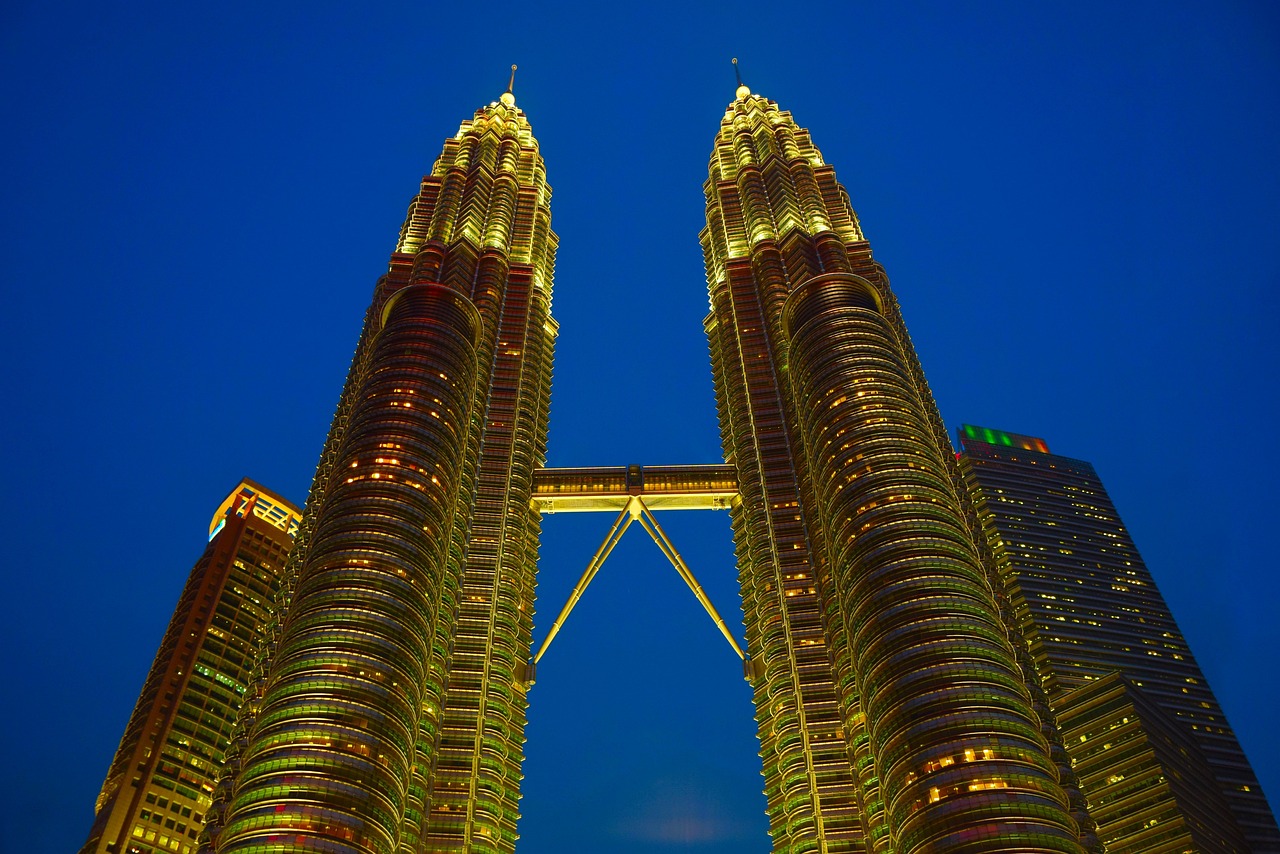
Multiethnic Society
- Malay Culture: The Malay community is the largest ethnic group in Kuala Lumpur, and their culture is deeply embedded in the city’s fabric. Traditional Malay arts, music, and cuisine are celebrated and can be experienced through various cultural festivals and events.
- Chinese Influence: Kuala Lumpur is also home to a significant Chinese community, which has contributed immensely to the city’s economic growth and cultural diversity. The vibrant Chinatown area and Chinese temples are testament to their influence.
- Indian Presence: The Indian community in Kuala Lumpur has preserved its rich traditions, especially in the vibrant Brickfields area, also known as Little India. Hindu temples, Indian restaurants, and cultural events showcase their cultural heritage.
Religious Diversity
- Islam: As the official religion of Malaysia, Islam plays a significant role in the social and cultural fabric of Kuala Lumpur. The city is dotted with beautiful mosques, including the iconic National Mosque, which symbolizes the importance of Islam in Malaysian society.
- Buddhism and Taoism: Kuala Lumpur is home to numerous Buddhist and Taoist temples, reflecting the influence of Chinese culture. The Thean Hou Temple and Chan See Shu Yuen Temple are notable examples.
- Hinduism: The Batu Caves, located just outside Kuala Lumpur, is a famous Hindu shrine attracting devotees and tourists alike. The annual Thaipusam festival is a major religious event celebrated by the Hindu community.
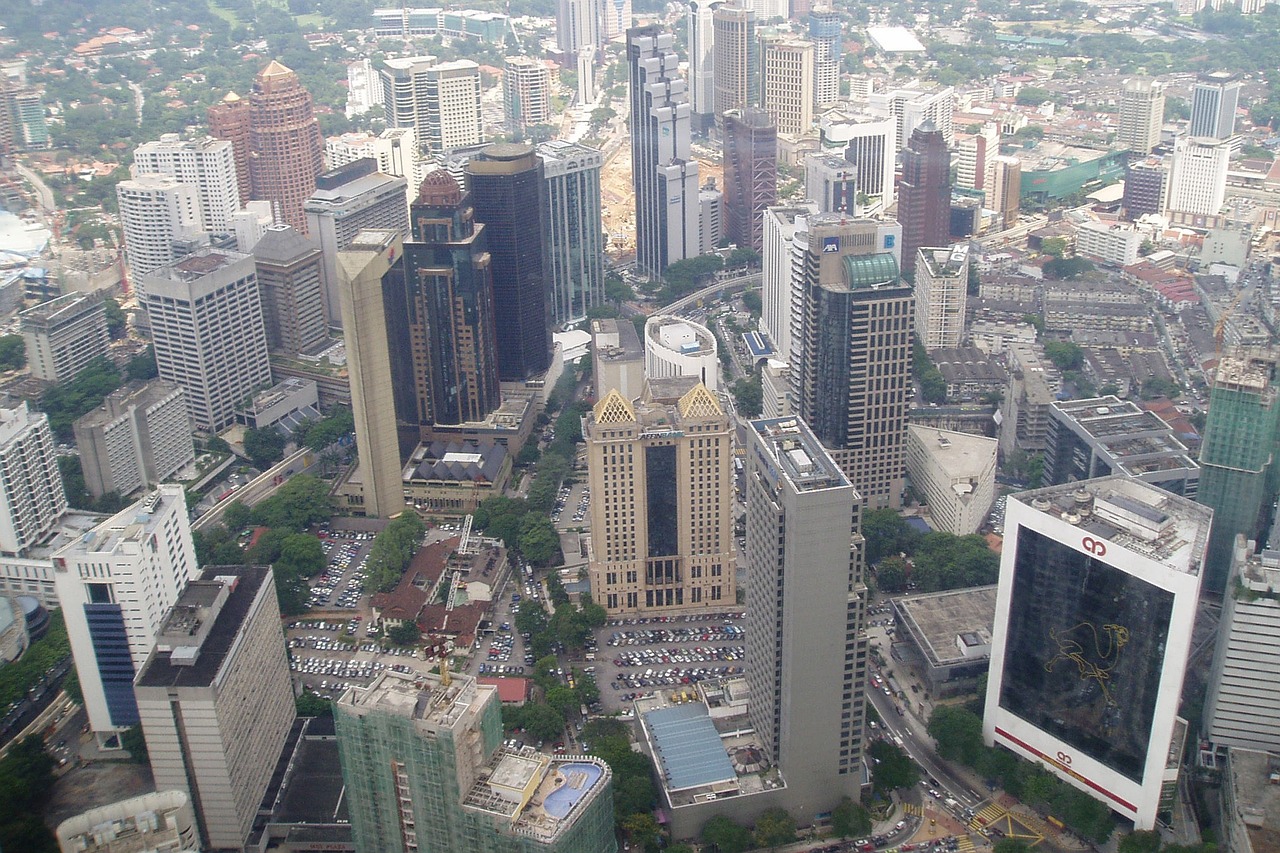
Economic Impact
- Financial Hub: Kuala Lumpur is one of Southeast Asia’s leading financial centers and a key player in the global economy. The city’s skyline is dominated by impressive skyscrapers, including the iconic Petronas Twin Towers, symbolizing its economic prowess.
- Tourism: With its diverse attractions, Kuala Lumpur draws millions of tourists each year. The city offers a mix of modern shopping malls, cultural sites, and vibrant street markets, providing visitors with a unique experience.
- Job Opportunities: Kuala Lumpur’s economic growth has resulted in an influx of job opportunities, attracting people from across Malaysia and beyond. The city’s thriving industries, including finance, technology, and tourism, contribute to its social and cultural dynamics.
Education and Innovation
- Higher Education: Kuala Lumpur is home to several prestigious universities and educational institutions, attracting students from around the world. Institutions like the University of Malaya and the International Islamic University Malaysia contribute to the city’s intellectual landscape.
- Technological Advancements: The city’s commitment to innovation is evident in the development of the Kuala Lumpur Technology City and Cyberjaya, which serve as hubs for technology and research. These initiatives drive the growth of the digital economy and foster a culture of innovation.
- Art and Culture: Kuala Lumpur has a thriving arts scene, with galleries, theaters, and cultural centers showcasing local and international talent. The Kuala Lumpur Performing Arts Centre and the National Visual Arts Gallery promote artistic expression and cultural exchange.
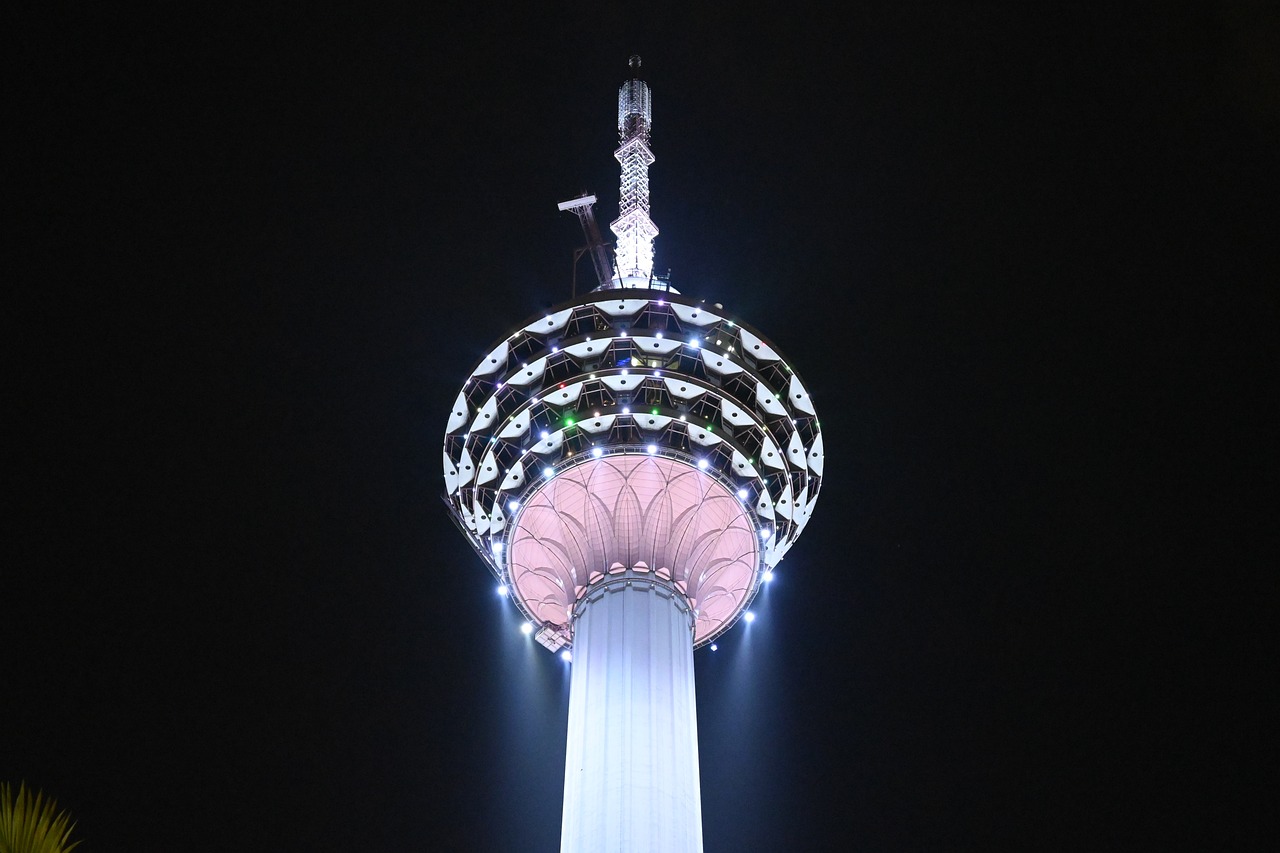
Entertainment and Recreation
- Shopping and Dining: Kuala Lumpur is a shopper’s paradise, offering a wide range of malls, markets, and boutiques. The city’s culinary scene is equally diverse, with street food stalls, upscale restaurants, and international cuisines catering to all tastes.
- Nightlife: Kuala Lumpur comes alive at night with its vibrant nightlife scene. From rooftop bars to live music venues, the city offers a variety of entertainment options for locals and tourists.
- Parks and Recreation: Kuala Lumpur boasts numerous parks and green spaces, providing residents with recreational areas amidst the urban landscape. The Lake Gardens and Bukit Kiara Park are popular destinations for outdoor activities.
Transportation and Connectivity
- Efficient Public Transport: Kuala Lumpur has a well-developed public transportation system, including trains, buses, and light rail transit. The KL Sentral transportation hub serves as a central point for seamless connectivity within the city and beyond.
- Rideshare Services: Ride-hailing services like Grab and local taxi services provide convenient and affordable transportation options for residents and visitors.
- Connectivity: Kuala Lumpur is well-connected internationally through the Kuala Lumpur International Airport (KLIA) and KLIA2, serving as major gateways to Malaysia and the region.
Sports and Recreation
- Football: Kuala Lumpur has a passionate football culture, with local teams and stadiums attracting avid fans. The Bukit Jalil National Stadium is a popular venue for international matches and sporting events.
- Golf: The city boasts numerous world-class golf courses, attracting enthusiasts from around the world. The Kuala Lumpur Golf and Country Club and TPC Kuala Lumpur are renowned for their challenging courses.
- Outdoor Activities: The surrounding natural landscapes offer opportunities for outdoor activities such as hiking, cycling, and water sports. The nearby Genting Highlands and Taman Negara National Park are popular destinations for adventure seekers.
Conclusion
Kuala Lumpur’s social and cultural impact is undeniable. The city’s rich history, diverse population, economic growth, and vibrant social scene contribute to its unique identity. From its historical landmarks and religious diversity to its thriving arts and entertainment scene, Kuala Lumpur offers a dynamic and enriching experience for locals and visitors alike.
References
- Petit Palace: petitpalace.co.uk
- University of Malaya: um.edu.my
- The Kuala Lumpur Performing Arts Centre: klpac.org
- National Visual Arts Gallery: artgallery.gov.my

